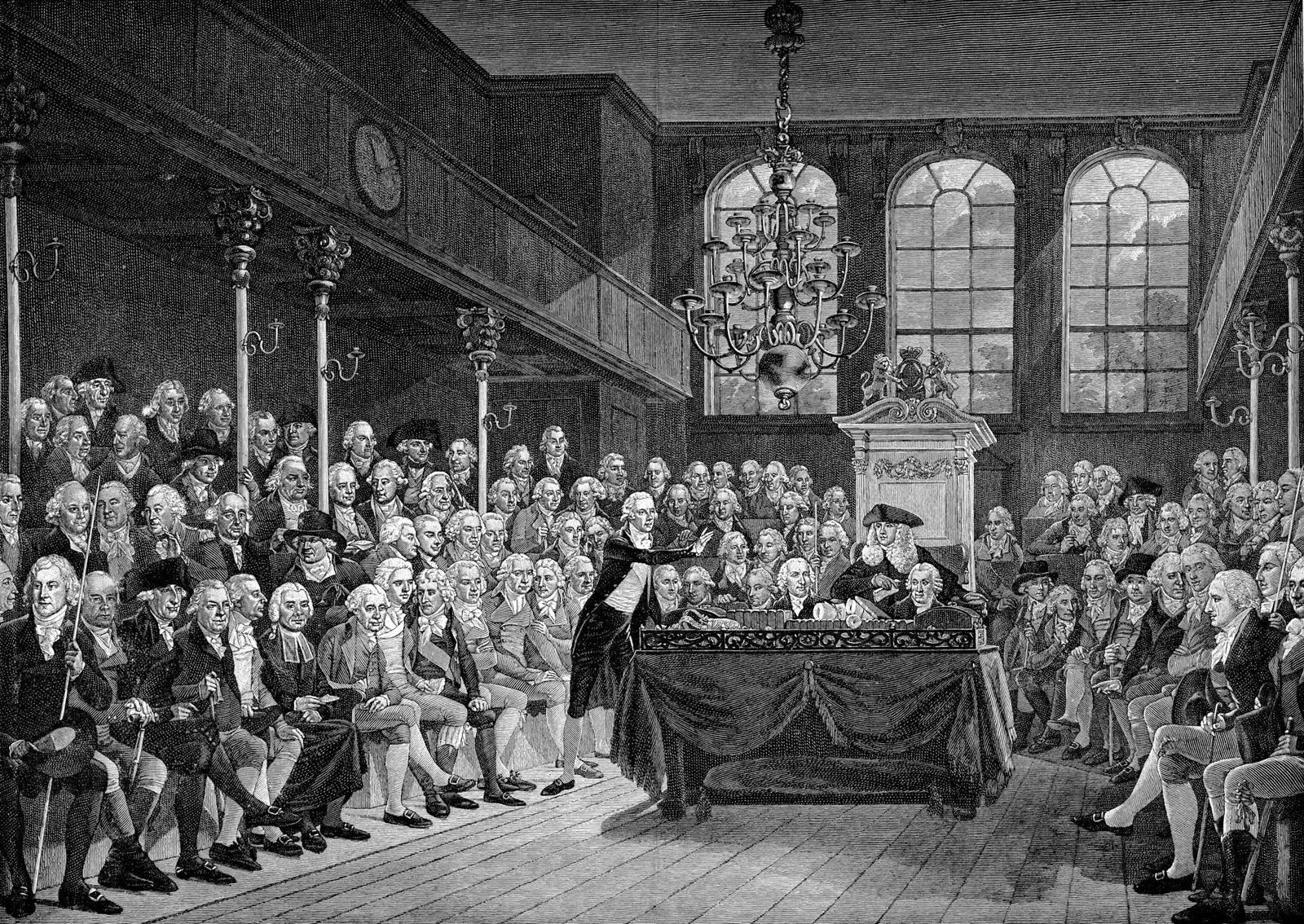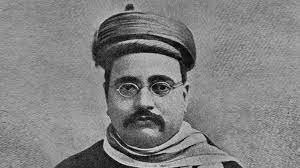The Indian Councils Act of 1892 was a step towards greater representation of Indian citizens in the administration of the British crown. While it facilitated Indian participation and signaled a shift towards representative government, its constraints fueled nationalist movements and set the stage for subsequent, more substantial reforms.

Table of Contents
Increased Representation
Expanded Councils
The Act brought about a notable increase in the membership of both the central Governor-General’s Council and provincial councils. The Governor-General’s Council, for instance, could now accommodate up to 16 additional members, with at least half of them being non-officials.
Diversification of Membership
Recognizing the demand for Indian representation, the Act allowed various bodies and communities to elect or nominate their representatives to the councils. This inclusivity extended to landowners, professionals, businessmen, and other segments of society.
Limited Powers
Right to Ask Questions
While legislative powers remained limited, members gained the right to ask questions on government policies and the annual budget. This introduced a platform for voicing concerns and scrutinizing the administration.

Discussion of Budget
The Act permitted a single day’s discussion of the budget, although without the power to vote on it. This represented a modest stride towards increased transparency and accountability.
Overall Significance of Indian Councils Act of 1892
Limited but Crucial Reform
Despite not granting Indians substantial legislative power, the Act marked a crucial step toward representative government. It provided a space for Indian voices within the colonial system and laid the groundwork for future reforms.
Nationalist Response towards Indian Councils Act of 1892
In response to growing nationalist sentiments, the Act, while appeasing some moderates, fell short of satisfying the broader demands for greater autonomy and self-rule. This lacuna fueled further nationalist movements.
Limitations and Legacy of Indian Councils Act of 1892
Minimal Power
The Act’s limited scope and lack of genuine legislative power meant that it did not bring about fundamental changes to the power dynamics in British India.
Indirect Elections
Members were not directly elected by the people but rather through a system of nominations and appointments.
Replaced by Later Reforms
The Act was eventually superseded by the Morley-Minto Reforms of 1909, which introduced further changes, including indirect elections based on separate electorates.
Conclusion
In conclusion, the Indian Councils Act of 1892 was a landmark piece of legislation that introduced limited reforms to the colonial administration in India.